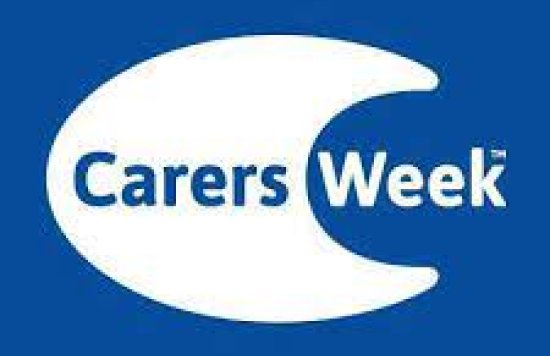I was drawn to this role supporting carers because I wear two hats. Firstly, because I am a carer to my mother so have lived experience of being a carer myself. And secondly, I became aware through my interactions with service users of the importance of carers in people’s lives – especially if you are vulnerable or trying to manage an illness or difficult symptoms. Behind every well-managed service user or patient, there will often be a hard-working carer behind the scenes.
I fell into my role!
I always say I fell into my role supporting carers. I know I always wanted to ensure that the carers I met got what they needed. This area of work piqued my interest and I felt protective of them. I wanted to personally find out what is there for carers and make sure they knew about resources! Rather than just talk about supporting carers, I wanted to put it into practice. So here I am. It’s a niche role supporting carers and families but I love it - the questions and challenges and navigating solutions.
Never underestimate how even the smallest act of support can go a long way
One of my observations is never underestimate the value of a supportive family member, friend or neighbour, however small their role may seem. The value of knowing someone is there for you or that you can call on is priceless. From small acts of kindness, phone calls, friendly texts and WhatsApps, to more involved roles, never underestimate the power of these contacts. Also, carers worry and care when they are not present so their input and responsibility can be more than the time spent with the person. They are carers all the time on standby. So whatever the level of input, I always ensure I show empathy, compassion and show how valued their contribution is.
Self-care is often an alien idea to a carer
Supporting carers can be quite hard as they don’t want to talk about themselves. In our carers hubs, when we ask about them, their focus is the person they are supporting. They will talk about the person’s issues, symptoms and challenges, and not their own. Their lives are affected when things aren't going well for the person they look after. The idea of self-care or self-compassion is quite an alien idea to them. You have to be quite firm to get them to focus on themselves - which says how selfless they are. You have to say - how are you, how are you really?
The type of support carers need varies. Since pandemic, there have been changes to the benefits system and cost of living pressures – so practical solutions are often needed. It's important to share information about ways to navigate these pressures.
Tackling isolation is key
But the greatest support comes from others in similar situations which is why carers centres and hubs play an important role in helping people to cope and stay on top. Carers need space to talk, to be listened to, to learn and to be reassured. Recovery colleges are part of this offering carers wellbeing courses and the chance to meet other carers. Co-production means we are more likely to provide support that is useful and meaningful.Flexibility is important - being a carer is not a 9-5 job. Peer support makes carers feel less isolated and that others understand. A carer once said to me. “I love this space. It is a place where I feel I’m not alone and I’m not in a medical appointment with my brother.”
Touching insights
In a Self-Compassion Workshop I co-delivered with a psychology student, a bereaved Bangladeshi father summed it up. He said “I feel when I am sometimes kind to myself, other people will talk. When my son died, I couldn’t see beyond the first 24 hours. I was full of guilt. My wife and I knew we had to care for ourselves to support our family. We had to dress well, be with people and allow a feeling of mourning - to help our family. So I say for a carer to take a break or a holiday is not selfish. It is self-care." As you can see, carers continue to care even when the person they care for is no longer there.
Talk to carers. Give them your full attention
I am pleased that people are talking more about carers and are aware that there are resources that can make life a little easier. My message to staff about how they can support carers is to ask early on - how are you doing? And ask it every time. Don’t assume because their input is small that it is not big. Keep communicating the offer where wellbeing is concerned.
Whether you are a doctor, social worker, nurse, therapist – always ask that one question. How are you? It is everyone business.
Because sometimes people don’t realise they are a carer - they think they are just being a daughter, son, brother, sister, relative or friend - but they are so much more.
